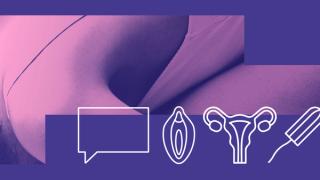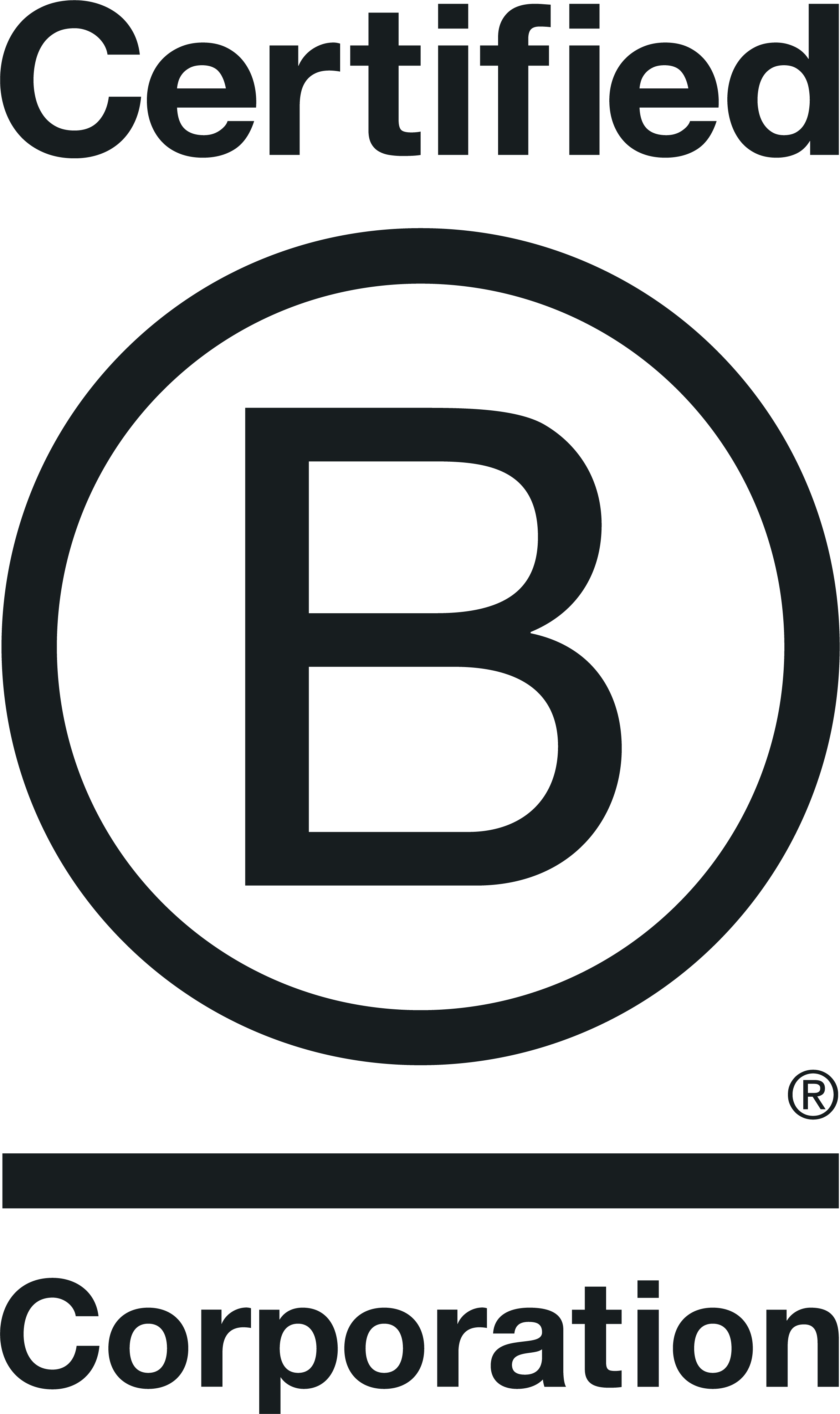Women's health is a key aspect of healthcare that often gets overlooked. Despite affecting nearly every woman at some point in their lives, topics like periods, the menopause, or sexual health can be overshadowed by stigma. Research highlights a disturbing reality that thousands of women across the UK feel ashamed, scared and embarrassed to discuss their vaginal health. For instance, Balance Activ’s The Big Vagina Report 2023, found that half of the women surveyed had no idea if their vagina was ‘normal’, more than three-quarters admitted they’d be embarrassed to talk about private parts of their body with someone they didn’t know well and shockingly, 39% would feel uncomfortable discussing them with a healthcare professional.
This hesitancy to talk about women's health isn’t just a personal issue, it’s a societal one. The report goes on to share that while 45% of women feel “very confident” discussing general health issues with their doctor, this number falls to 35% when it comes to women’s health concerns. These statistics highlight a widespread problem: women's health is still a taboo subject.
The Role of Marketing in Women's Health
As marketers, we have a powerful asset - communication. Brands have the unique ability to spark conversations on topics that are often swept under the rug. By addressing women’s health issues head-on using strategic and thoughtful marketing, we can begin to break down these long-standing taboos and help create a positive shift in attitudes towards women's health. While we may not be able to address all the systemic issues, like access to primary care, healthcare funding or gender biases, we can make a meaningful impact by initiating important conversations and normalising women's health issues.
Here’s how marketing can make a difference:
- Talk to your audience: Getting first-hand understanding from our audience is vital to knowing their experiences, barriers and how we can best reach them. This enables us to create relevant content that can be shared in places which will reach them and create the most impact.
- Sharing credible information: People are increasingly turning to the internet and social media for their health information. While this comes with many benefits, it also comes several risks due to the amount of misinformation out there. It’s important we share information that’s from trusted sources so our audience can access correct information, reducing any risks of fear being created due to being misinformed.
- Using the right terminology: The language we use matters. Using the correct terminology when discussing women's health issues can help demystify topics, help reinforce that they’re not taboo and shift attitudes to avoid shame or embarrassment when people are talking about these topics.
- Being authentic and approachable: We live in a world where authenticity is key to resonating with our audiences. Audiences on social media, for example, can easily spot when a brand deal isn’t genuine. By building messaging and approachability into our campaigns we can help build trust, humanise topics and encourage women to engage more openly with their health.
- Share experiences from other women: A powerful technique shown through research is sharing stories from people that others can relate to. Sharing real-life experiences from other women can create a sense of community, letting women know they’re not alone in their experiences.

Bodyform
One brand that has consistently led the way in changing the narrative around women's health is Bodyform. Over the years, Bodyform has produced campaigns that not only break down taboos but also empower women to love themselves and embrace their health journeys.
Bodyform’s campaigns have covered everything from the first period to menopause, addressing the highs and lows of women's health experiences. Their bold and creative approach has resonated with women globally, taking their audience on a journey of self-acceptance and understanding.
For example, Bodyform’s #WombStories campaign beautifully illustrated the complex and often unspoken experiences of women’s reproductive health. By showing real-life stories of menstruation, miscarriage, menopause, and more, Bodyform has helped to overcome the stigma surrounding these issues and encouraged women to speak openly about their health.
Finally
Marketing has the power to be a force for good in women’s healthcare. By encouraging open conversations, sharing credible information, and breaking down taboos, we can contribute to a more informed and empowered society. Brands like Bodyform have shown that it’s possible to not only sell a product but also make a positive impact on the way women's health is perceived and talked about.
As marketers, it’s our responsibility to use our influence to help change attitudes and ensure that women feel confident and supported in talking about and managing their health. The journey to breaking these taboos may be long, but with consistent effort, we can create a world where women’s health is prioritised, understood, and respected.




